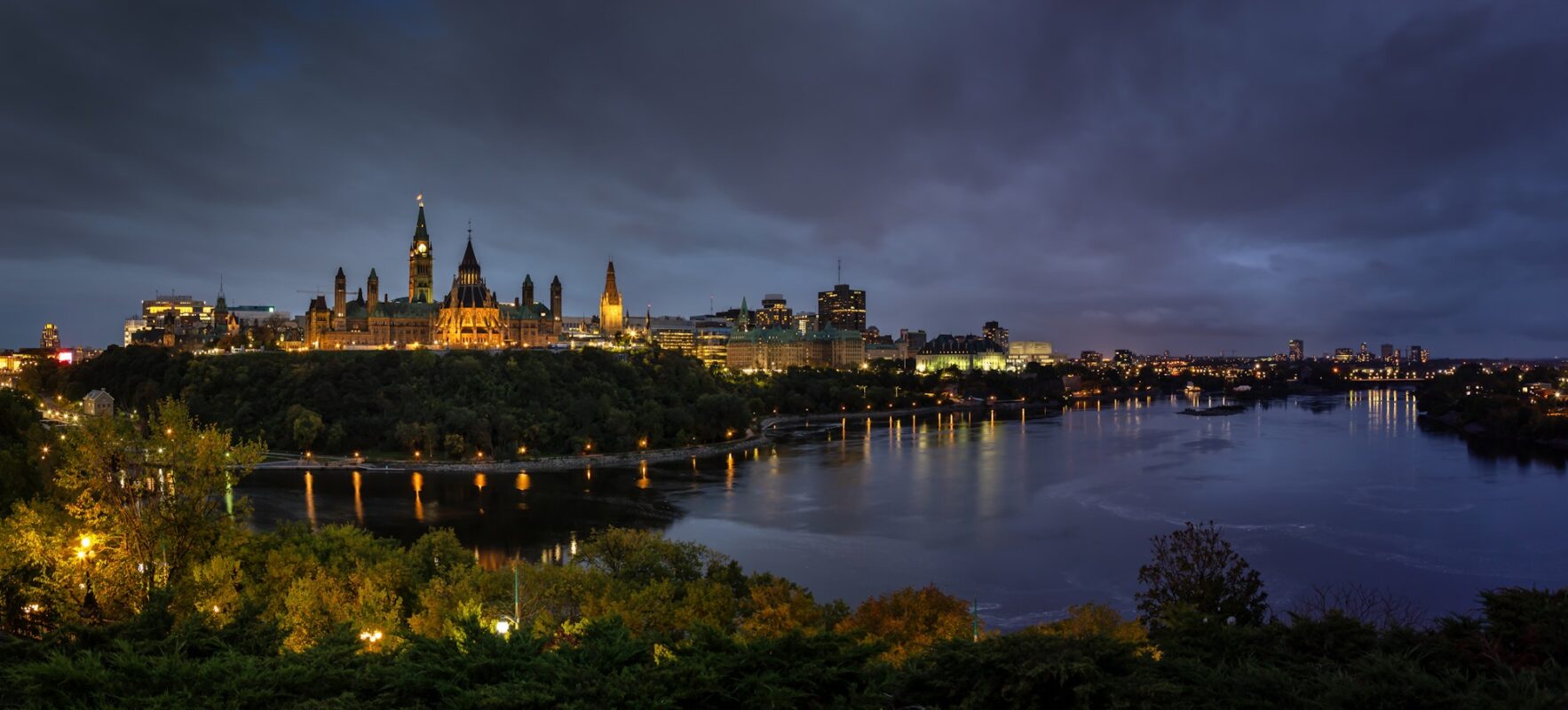With their new majority, the Conservatives unleashed a barrage of new legislation chipping away at representative municipal government and laying siege to the province’s natural heritage, under the subterfuge of more housing, quicker.
Bill 109, the More Homes for Everyone Act, 2022 was introduced on March 30, 2022 and received Royal Assent on April 14, 2022. It mostly imposed fixed deadlines for city approvals of planning applications, with fines for municipalities if approvals were not provided within the specified time limit. We did not comment, but the lightning speed with which something like this was passed was a forewarning of things to come.
Then the Strong mayor act was passed just before the province-wide municipal elections. On September 8, 2022, the Ontario government passed Bill 3, Strong Mayors, Building Homes Act, 2022 , which provided the mayors of Toronto and Ottawa with new extraordinary executive powers. This basically gave the mayor a veto power over Council decisions on matters related to provincial priorities. This veto could be overridden by a two thirds majority of Council. Again, while worrying, we did not comment on this Bill. Exercising this new power was left to the discretion of the mayors and the outgoing mayor and the two leading candidates for mayor in the election all declared they would not resort to it.
But the cup runneth over with Bill 39, the so called Better Municipal Governance Act. This legislation extended the strong mayor powers by making it legal to pass municipal bylaws and other regulations with only a one third majority of council. We viewed this as a direct attack on local democracy and fought it tooth and nail, along with our partners in the Peoples Official Plan coalition and beyond. The Greenspace Alliance made a written submission and participated in a rally against this legislation, and the even more odious Bill 23.
On October 25 2022, one day after the municipal elections, the provincial government unveiled Bill 23, Building More Homes Faster, an omnibus bill modifying many Acts, regulations and policies to turbocharge residential construction. The only good part of the bill from an environmental perspective was that it contained measures to promote gentle intensification, and in particular the elimination of exclusionary zoning for single detached dwellings. This however is accompanied by an all-out attack on protection for wetlands and greenspaces, and reductions in parkland dedication. Many other provisions have negative impacts on green building standards, inclusionary zoning, protections for renters and City finances. The bill is massive and comment periods and forums were very restricted and convoluted, as shown in this table summarizing the schedule for submissions and comments for the various parts of the bill. The GA addressed those parts of the bill that most impact on greenspace but also worked collaboratively with all members of POP to provide representations on the full scope of the proposed changes.
On November 15, the GA participated in a rally organized by the POP group outside City Hall. It was held immediately after the inauguration event of the new City Council and a number of returning and new councillors attended. Overall a good crowd showed up on short notice, with effective speakers and good media coverage. The opposition to this Bill is widespread and deeply felt.
Submission on overall Bill 23, November 16 2022
Comment on Bill 23 – Ontario Wetlands Evaluation System, November 24, 2022
Comment of Bill 23 – Schedule 3, Parkland dedication, December 9, 2022
Comment on Bill 23 – Schedule 2, Conservation Authorities Act, December 9, 2022
Comment on Bill 23 – PPS+Place to Grow, December 30, 2022
Comment on Bill 23 – Natural heritage, December 30, 2022
Bill 23 – Natural Heritage, Appendix 2 Bill 23 – Natural Heritage, Appendix 1
The overall effort and engagement of the community in reacting to this arcane bill was remarkable and will serve well for future mobilization across a whole range of issues. But in the present political context in Ontario, it had little immediate impact. Bill 23 has become law, basically unchanged, and we will need to be extra vigilant to counteract damage and destruction to greenspace as it happens in the field in real time.

